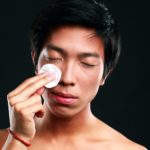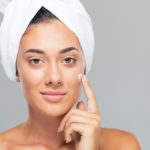
Acne is a common skin condition that affects millions of people worldwide. It can be a source of frustration and self-consciousness, but understanding its causes, treatments, and preventive measures can help you achieve clearer skin. In this comprehensive guide, we will delve into the intricacies of acne, exploring its various forms, underlying causes, effective treatments, and lifestyle changes that can help prevent future breakouts. By the end of this article, you will be equipped with the knowledge to embark on your journey towards a clearer complexion.
Acne, medically known as acne vulgaris, is a skin condition that occurs when hair follicles become clogged with oil, dead skin cells, and bacteria. It typically manifests as whiteheads, blackheads, pimples, or cysts on the face, chest, back, or other areas of the body. Hormonal changes during puberty, pregnancy, or menstruation can trigger acne, as can certain medications and cosmetics. Additionally, factors such as genetics, stress, and diet can contribute to the development and severity of acne. By understanding the underlying mechanisms of acne, you can take targeted steps to address its causes and reduce its impact on your skin.
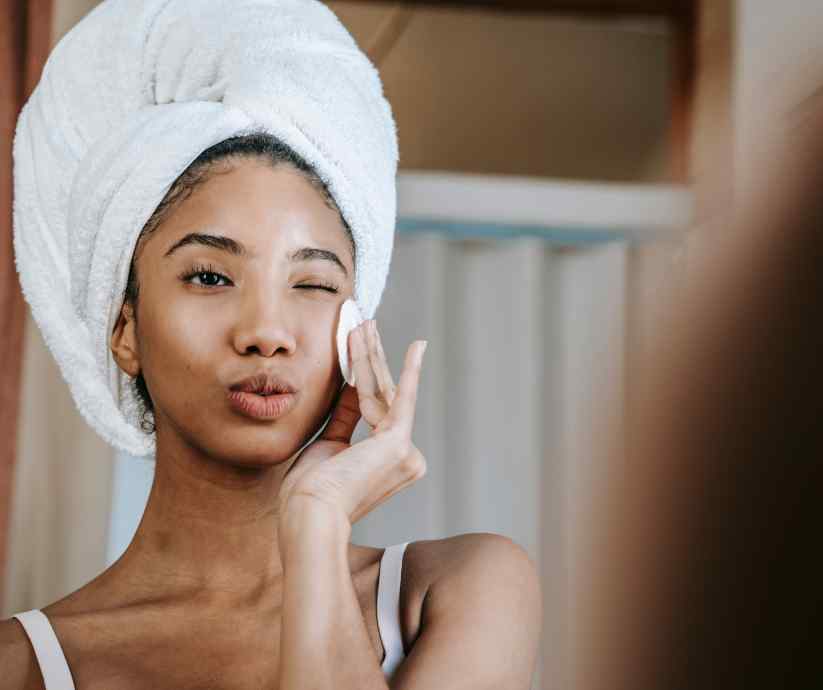
Treatment options for acne depend on its severity and the individual’s skin type. Mild cases can often be managed with over-the-counter topical treatments containing ingredients like benzoyl peroxide or salicylic acid. These ingredients help unclog pores, reduce inflammation, and kill bacteria. For moderate to severe acne, dermatologists may prescribe oral medications such as antibiotics, hormonal therapies, or isotretinoin. These treatments target acne-causing bacteria, regulate hormone levels, or reduce oil production. In some cases, dermatological procedures like chemical peels, laser therapy, or extraction of cysts may be recommended to treat stubborn acne or minimize scarring.
Acne can have a significant impact on an individual’s self-esteem and mental well-being. RTOs can address the emotional and psychological aspects of living with acne, providing learners with strategies for building confidence, practicing self-care, and seeking support when needed. By acknowledging the psychosocial impact of acne, they contribute to a comprehensive understanding of the condition and its implications beyond physical appearance.
The organisation can emphasize the importance of a consistent and suitable skincare routine in managing acne. This includes gentle cleansing, exfoliation, moisturizing, and the use of non-comedogenic products. By providing learners with guidelines on proper skincare practices, they will empower them to develop healthy habits that will not only make the learners focus on Training Materials for RTOs rather the learners will also care for their appearance.
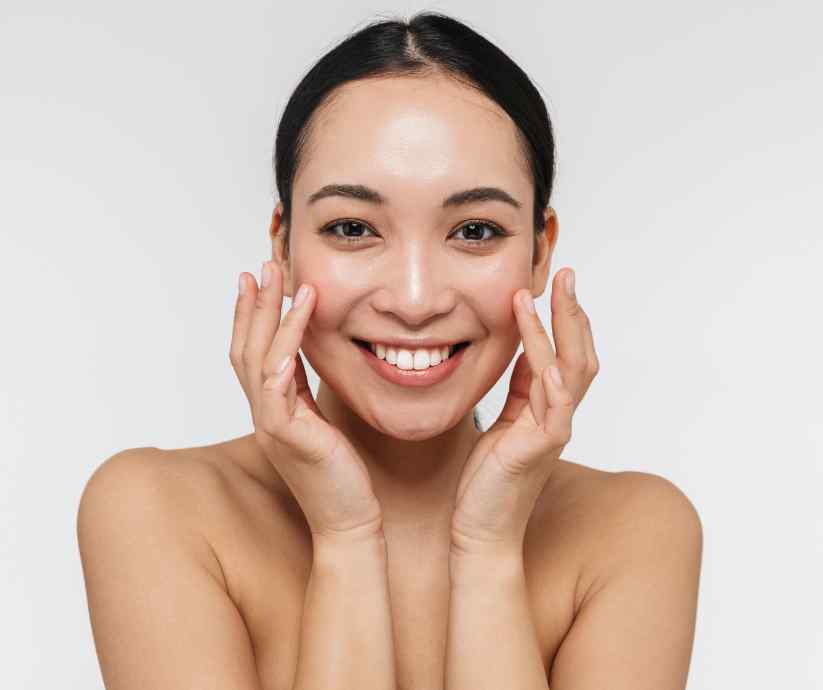
Prevention is key when it comes to acne management. Here are some practical steps you can take to help prevent breakouts:
Cleanse gently: Wash your face twice daily with a mild cleanser to remove excess oil, dirt, and impurities without stripping your skin’s natural moisture.
Avoid pore-clogging products: Opt for non-comedogenic or oil-free skincare and makeup products to prevent pore blockage.
Keep hands off: Resist the urge to touch your face frequently, as it can transfer bacteria and irritate the skin.
Watch your diet: While the relationship between diet and acne is complex, maintaining a balanced diet with minimal processed foods and sugars can promote healthier skin.
Manage stress: High stress levels can worsen acne. Incorporate stress-reducing activities such as exercise, meditation, or hobbies into your routine.
Protect your skin: Use sunscreen with at least SPF 30 to shield your skin from harmful UV rays, as some acne treatments can increase sun sensitivity.
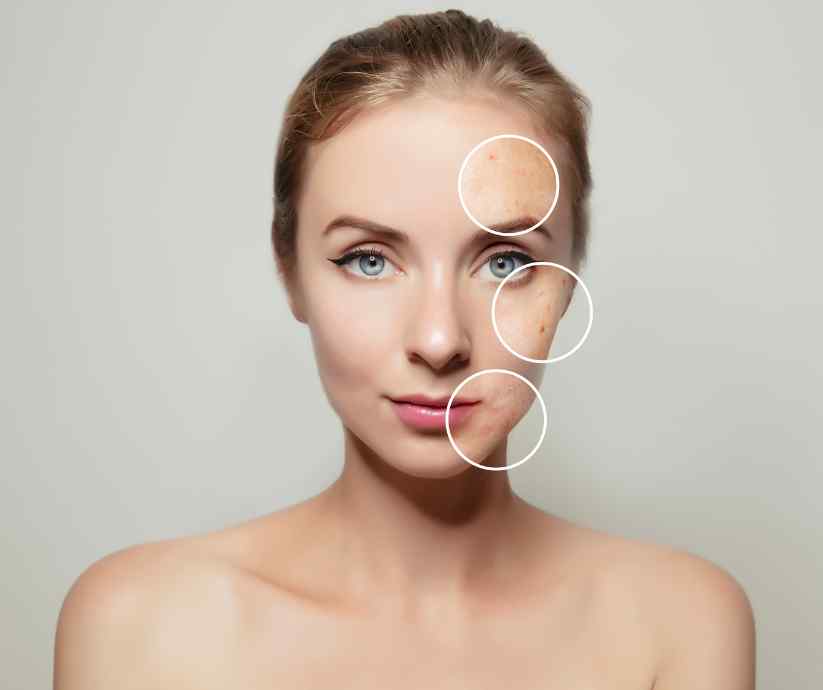
Acne is a multifactorial condition that requires a holistic approach for effective management. By understanding the causes, seeking appropriate treatments, and implementing preventive measures, you can take control of your skin health. Remember, achieving clearer skin takes time and patience, but with consistent care and the guidance of healthcare professionals, you can embark on a journey towards a complexion that makes you feel confident and comfortable in your own skin.
